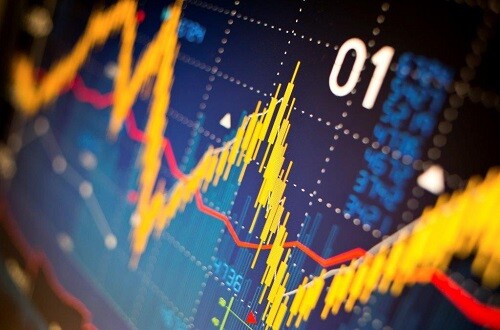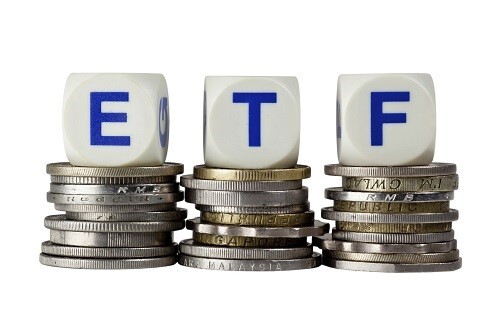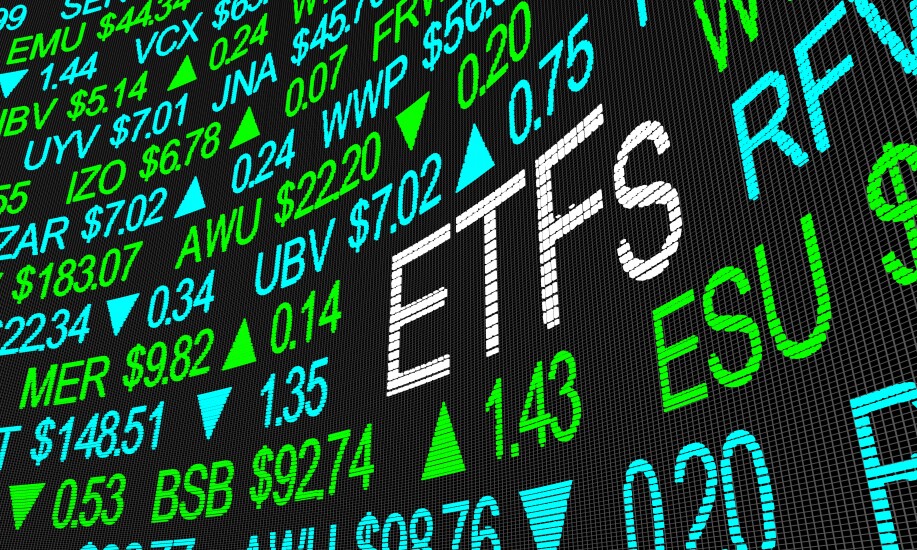Want unlimited access to top ideas and insights?
A lot has changed since the first exchange-traded fund appeared on the wealth management landscape more than 30 years ago.
The earliest funds passively tracked market indexes. Today, a new breed of actively managed funds has less transparency and a hands-on approach for their investment managers. Meanwhile, the costs and risks of “free” model portfolios are under scrutiny, and the recent liquidation of a notable socially conscious ETF has both advisors and investors re-evaluating how to incorporate the products in retirement portfolios.
Scroll down for more on these stories and other key developments that are reshaping the ETF landscape.










